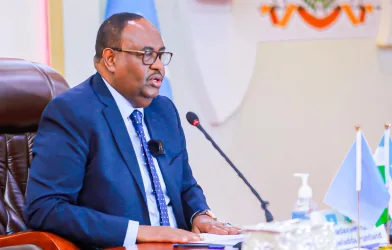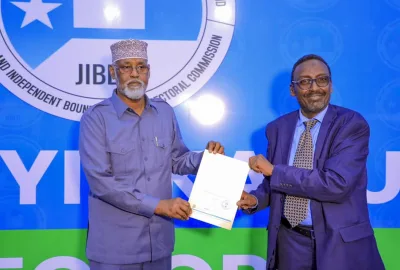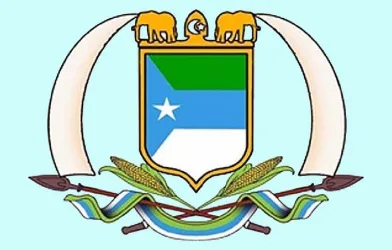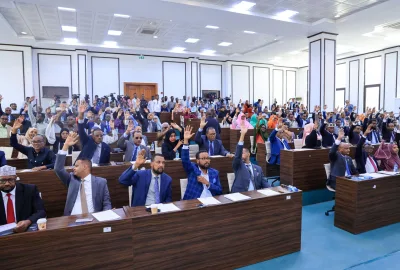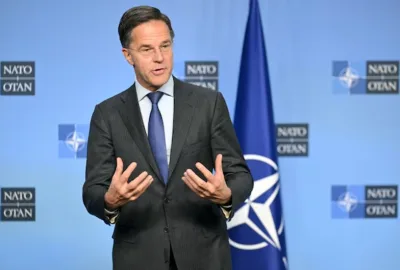By: Mohamed Abdiqafar Haji Hussein For more than 30 years, Somaliland has been striving to become…
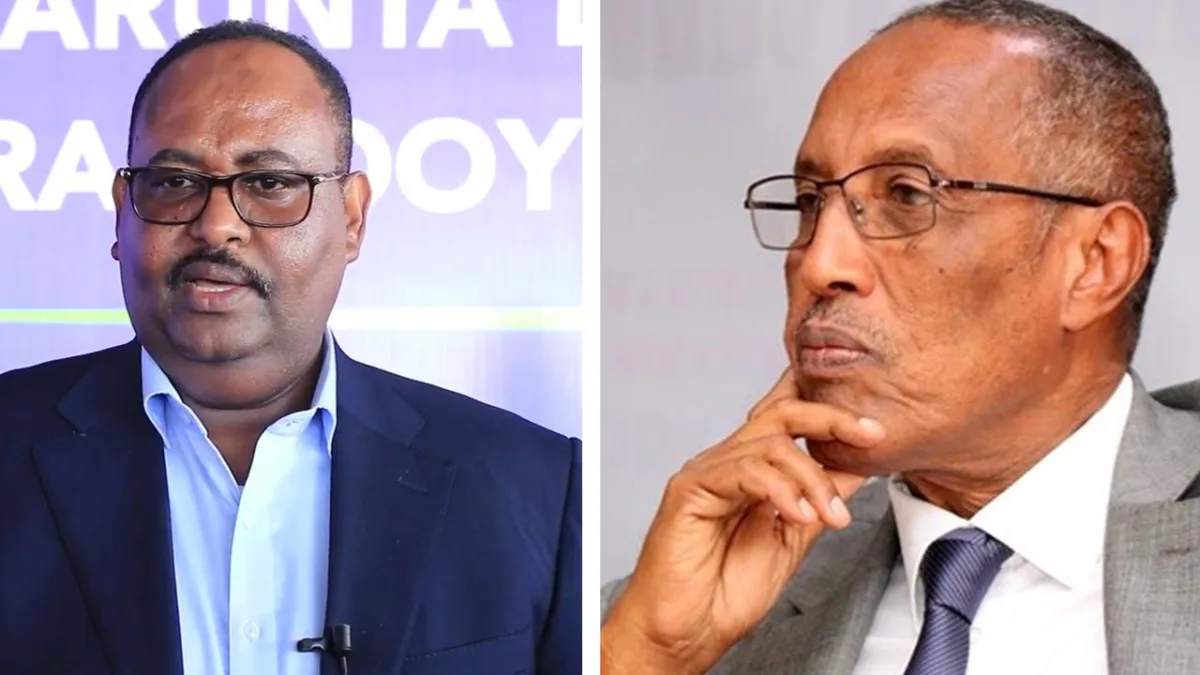
By: Mohamed Abdiqafar Haji Hussein
For more than 30 years, Somaliland has been striving to become an independent state separate from Somalia. Despite facing opposition from the majority of Somalis, Somaliland has made significant progress toward this goal. Over the course of three decades, the administration of Somaliland has successfully established peace in the regions under its control, conducted successive elections where power has been handed over from one president to the next, and developed its economy while ensuring cost-of-living controls. The international community has acknowledged and encouraged Somaliland’s progress, and Somaliland was proud to claim that it has created the most democratic and peaceful state in the Horn of Africa, a claim that remains unchallenged until recently.
Unfortunately, Somaliland’s progress has been derailed by its current president, Muse Bihi, due to his selfish interests. President Muse Bihi’s actions have brought to a halt all the claims of progress made by Somaliland. Political observers in Somaliland have stated that President Muse Bihi initiated a conflict in the Laascaanood region to divert attention from the upcoming Somaliland election. His goal was to position his party for an advantage by creating a conflict that would give him more time.
However, this resulted in the displacement of over 200,000 people, the death of over 200 people, and Somaliland being pushed to the point of no return. As a result of President Muse Bihi’s actions, Somaliland can no longer claim to be the most democratic state in the Horn of Africa; the fact that he is still in power, even though his term has expired, only adds to this fact. Many political analysts predict that Somaliland’s existence may come to an end, as there seems to be no other viable option moving forward.
The only claim that Somaliland had for separation from Somalia was its ability to control the border of the former British colony, which includes the Laascaanood region. If this region creates its own federal state and becomes a member of the federal states of Somalia, then this claim will no longer be viable.
In contrast, the Puntland State has existed for over 20 years and has made significant progress toward becoming a part of the proposed federal states of Somalia. Despite not having achieved a one-person, one-vote system yet, Puntland has conducted peaceful elections, with members of parliament being selected by traditional leaders.
The parliamentarians, consisting of 66 members, have then elected the president and vice president, even amidst disagreements that arose before each election. Thanks to the presidents of Puntland, who always put the interests of the state ahead of their own, every election has ended peacefully. President Faroole, for instance, lost an election by one vote but still handed over power to the next president, even though he could have disputed the result. This action showed the world that Puntland State has a mature and functioning democratic system of its own.
The President of Puntland, Said Abdullahi Deni, has exhibited authoritarian tendencies while accomplishing tasks that Puntlanders thought were impossible. Unfortunately, parliamentarians who spoke out against the president’s performance during his first year in office were silenced and removed from their positions.
Additionally, sixteen federal parliamentarians were elected in Bosaso in a single day, despite the election being scheduled to take place over two days. The current election, which began to register voters several months ago, has progressed smoothly, with minor hiccups, despite opposition from two major opposition parties. These actions, which the president has taken and succeeded in, have encouraged him to continue his “my way or the highway” approach, without considering the potential consequences that may arise in the future. This approach could lead him down the same path as President Muse Bihi.
The president now faces a crossroads where he must choose between doing what is right or following in the footsteps of President Muse Bihi. If he chooses the latter, the outcome for Puntland is clear to everyone. However, if President Deni chooses to do what is right, Puntland will continue to make progress, and the next president, whether it is him or someone else, will pick up where he left off.
One significant issue that remains unclear is what type of presidential election will take place on January 8, 2024. Opposition groups suspect that President Deni has not clarified the type of presidential election because he plans to ask the parliament to extend his rule so that he can hold a presidential election based on one person, one vote after the council election is completed on May 25, 2023. If this is not the case, it is President Deni’s responsibility to state otherwise. Everyone, including President Deni, knows that it is impossible to hold a fair presidential election based on one person, one vote within the remaining time of his term.
It is time for President Deni to do what is right for the Puntland State and to come to the negotiation table prepared to accept victory or defeat for the sake of Puntland. He must cease allowing his ego to guide the state to a dead-end that everyone can see coming. Mr. President, please inform Puntlanders of your intentions.
By: Mohamed Abdiqafar Haji Hussein
Mohabdhus@gmail.com
Atlanta, Georgia USA


